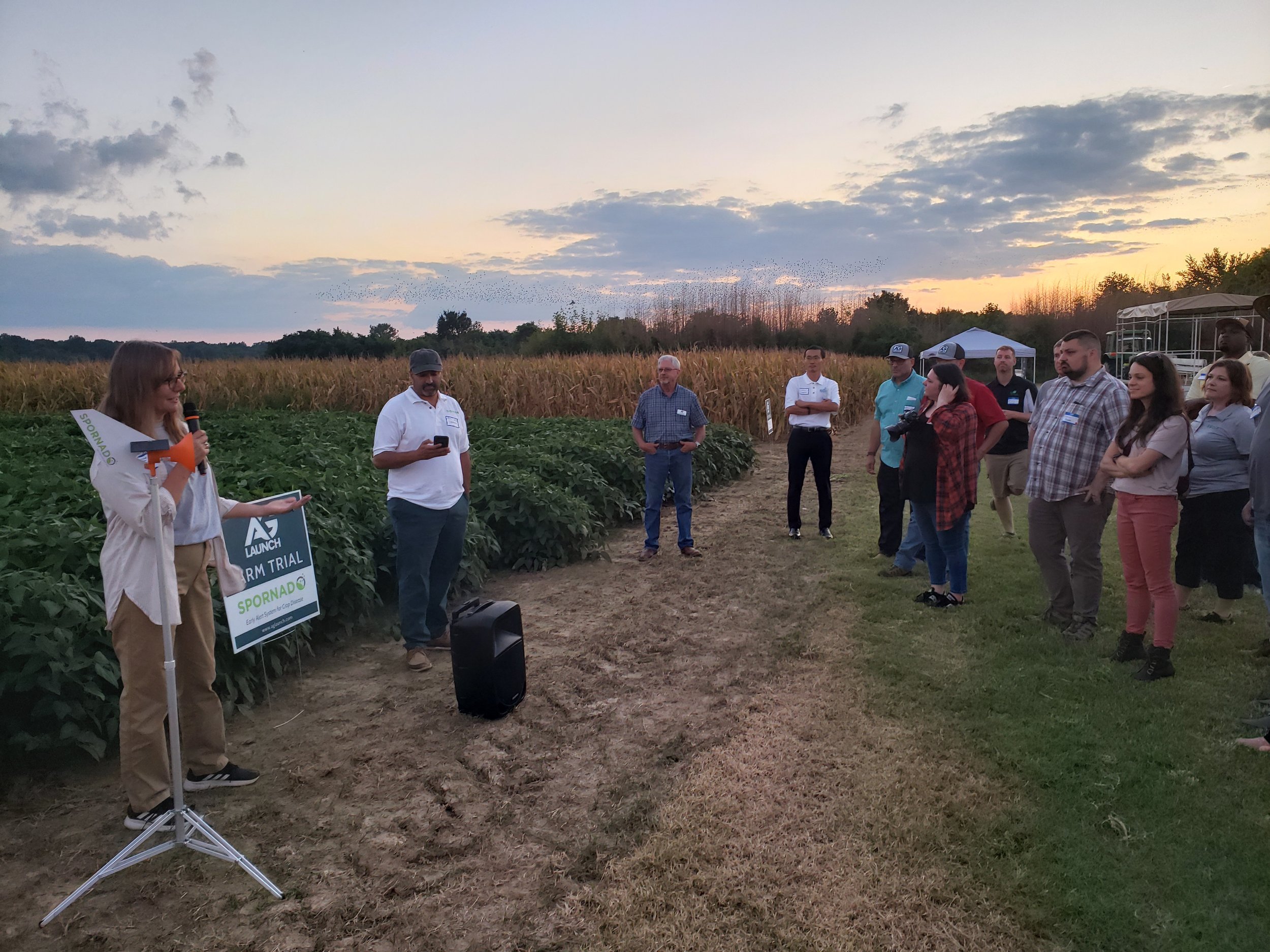Critical Institutional Analysis of Digital Agriculture Innovation
Attendees gathered at the Cornell Agtech Innovation Intermediaries Workshop hosted by Dr. Steven Wolf in Ithaca, New York
Project Summary
There is rapid movement on the technological frontier and on the institutional frontier regarding corporate carbon reporting, carbon offsetting, carbon markets. Given the expanded public and private sector investment in research and development, and broader institutional support for innovation focused on socioecological problems in agrifood systems including greenhouse gas emissions, environmental conservation, food waste, and rural poverty, Wolf’s research under NASA Acres aims to understand how the dynamics shape one another and how to strengthen environmental policy and management.
The agricultural innovation landscape is rapidly evolving, and a host of new actors are diversifying a space traditionally dominated by government agencies, public universities, and established agribusiness firms. Opportunities to revolutionize agrifood systems and advance resource-efficient objectives are attracting (impact)investors, foundations, and entrepreneurs. Innovation intermediaries such as technology incubators and accelerators position themselves to fill a gap in the innovation ecosystem. Specifically, a growing set of intermediaries now claim to be positioned to provide aspiring entrepreneurs with the mentorship, funding, legal and management consulting, and networking required to get to market, scale up, and deliver social impact. More generally, these organizations have the potential to facilitate innovation by serving as system integrators; enhancing the capacity of heterogenous actors that make up systems of innovation to interact productively. These innovation support organizations often identify themselves as “mission-driven” – that is, their goals are not only to spawn successful commercial ventures but also to produce positive societal impact by supporting enterprises that contribute to solving social and ecological problems. Our research aims to analyze the role of mission-oriented intermediaries in agriculture systems of innovation. Our goal is to analyze if and how mission-oriented incubators support transitioning toward more resource-efficient agriculture and food systems. Beyond research, we aim to partner with practitioners to strengthen their capacity to produce positive social impacts through their work. See https://blogs.cornell.edu/caisw/ for some October 2023 workshop growing out of past research. Looking ahead I anticipate focusing on entrepreneurship that draws on remote sensing with a specific focus on Earth Observation capabilities. My intention is to focus on applications related to Measurement, Monitoring, Reporting and Verification in support of carbon governance.
Study Area:
United States
Related News
Lead Institution
Project Lead
Steven Wolf
Cornell University




